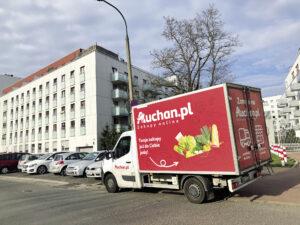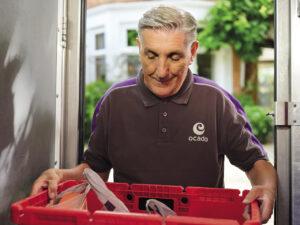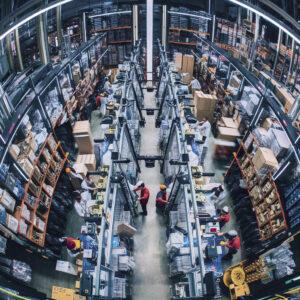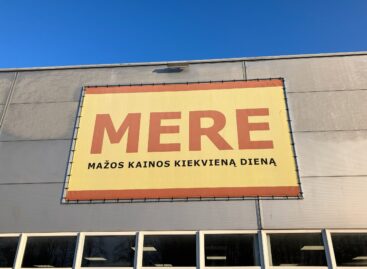Food e-commerce isn’t for everyone (yet)
The democratisation of online grocery shopping is taking longer than initially expected given the worldwide hype around e-commerce. Persistent cost inflation has forced retailers to launch initiatives to curb staff costs and the cost gap between physical and digital retail is widening.

Guest writer:
Sebastian Rennack
retail insight for
Germany, Poland & CEE
Aletos Retail Advisory
At a time when cost pressure is growing, many grocery retailers are reviewing their online business in terms of its impact on the bottom line. At the end of last year one of Europe’s leading omnichannel grocery retailers, Ahold Delhaize sold its US grocery home delivery service FreshDirect to Getir.
The food e-commerce business model isn’t working. Last month Lithuanian market leader Maxima shut down its Barbora home delivery service in Poland. The decision seems justified in the light of the impact of the e-commerce expansion on the group’s results: based on the latest available data for 2022, Maxima Group has reported a group operating profit of EUR 182m. Barbora’s online operations had a EUR 23.7m negative effect on the EBITDA, mainly resulting from the increase in the footprint of the home delivery service from its own dark stores in Poland.
This article is available for reading in Trade magazin 2024/6-7

Fulfilment and last mile efficiency remain the biggest obstacles
Even online pure players haven’t become profitable in Europe. Ocado Retail in the UK – previously considered to be a kind of gold standard in European online grocery retail – has been making triple-digit million losses in recent years. According to Reuters, the retailer expects its technology division to generate enough revenue to become profitable on a pre-tax basis over the next 5-6 years.

Britain’s Ocado Retail – previously thought to be a kind of European gold standard for online grocery – has been making heavy losses in recent years
The biggest hurdle remains order picking and last mile efficiency. A study by Bain & Company has concluded: online grocery retail models using home delivery as a fulfilment method can only be profitable if customers pay a delivery fee and delivery is made from fully automated micro-fulfilment centres (MFCs) that are closer to the end users than larger CFCs. According to the study, only fulfilment by click & collect can be profitable without delivery fees. This may be the reason why Auchan has doubled the number of pick-up points in France in the last five years and has since introduced this solution in half a dozen other European markets. //

A study suggests that online grocery delivery can be made profitable through micro-fulfilment centres (MFCs)
//
Related news
Mere in Lithuania: Rapid growth and a hard discount niche left open by Lidl
🎧 Hallgasd a cikket: Lejátszás Szünet Folytatás Leállítás Nyelv: Auto…
Read more >Related news
Nestlé to sell remaining ice-cream assets but commits to Froneri venture
🎧 Hallgasd a cikket: Lejátszás Szünet Folytatás Leállítás Nyelv: Auto…
Read more >Lidl guarantees fairer prices for cocoa farmers
🎧 Hallgasd a cikket: Lejátszás Szünet Folytatás Leállítás Nyelv: Auto…
Read more >40 secure jobs, sustainable solutions – new BURGER KING® in Csepel
🎧 Hallgasd a cikket: Lejátszás Szünet Folytatás Leállítás Nyelv: Auto…
Read more >








